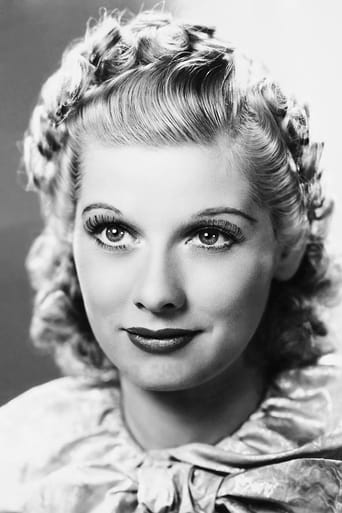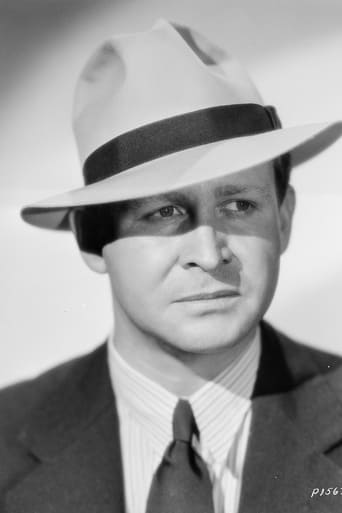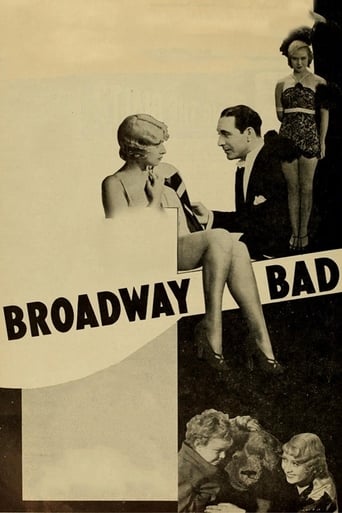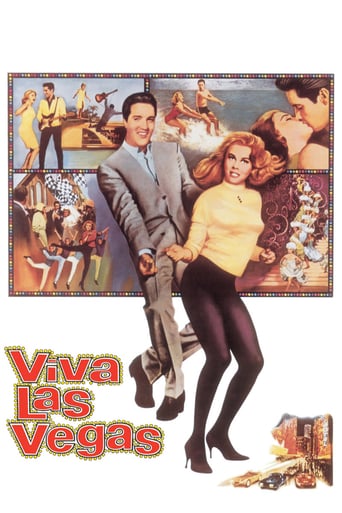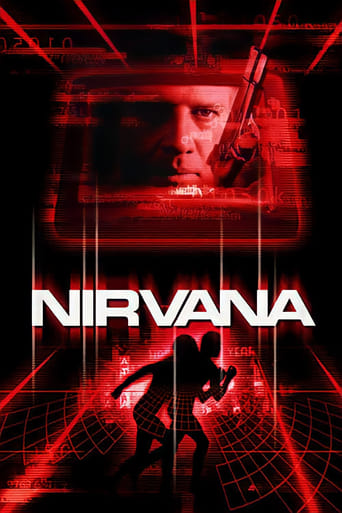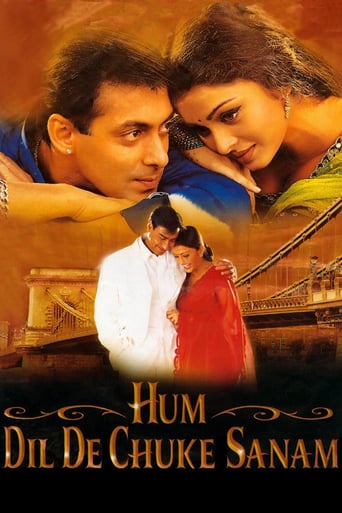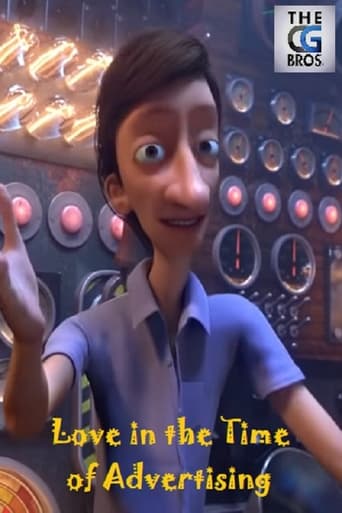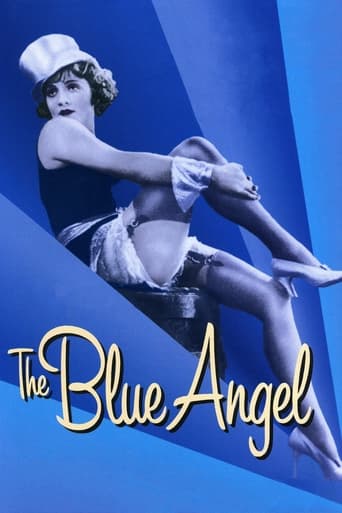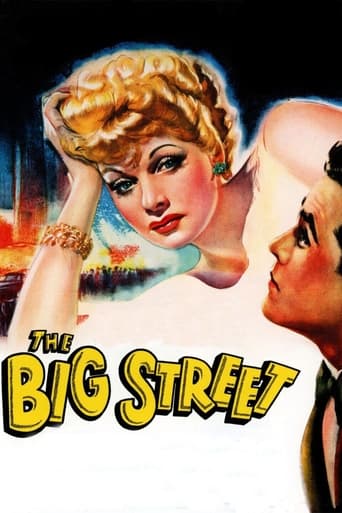
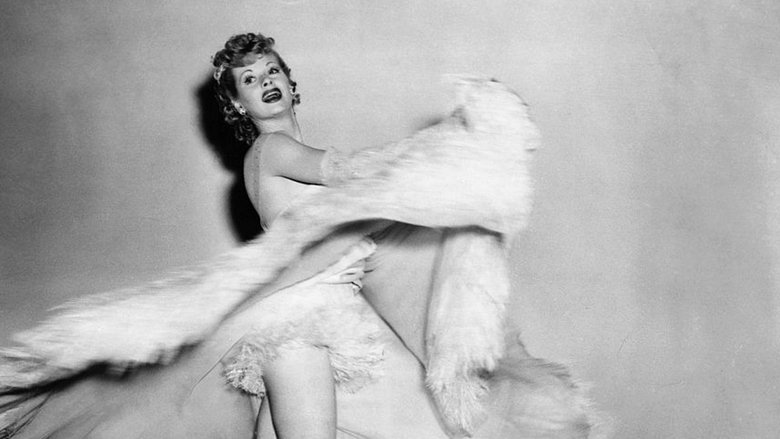
The Big Street (1942)
Meek busboy Little Pinks is in love with an extremely selfish showgirl who despises and uses him.
Watch Trailer
Cast
Similar titles
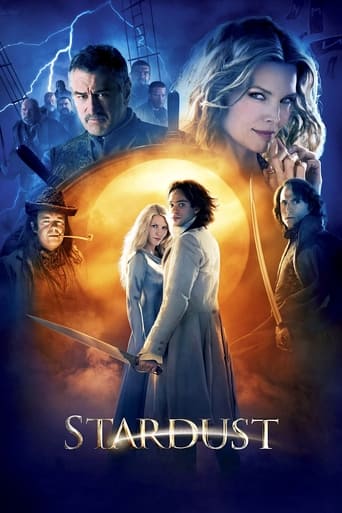
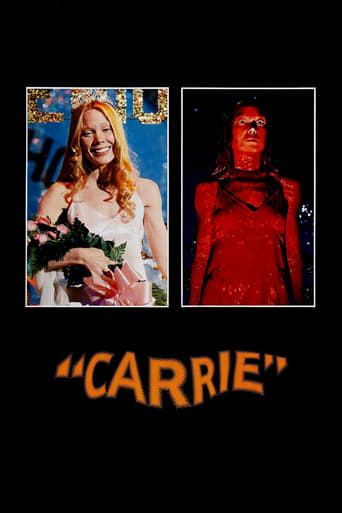
Reviews
Pretty Good
Best movie of this year hands down!
Unshakable, witty and deeply felt, the film will be paying emotional dividends for a long, long time.
It’s sentimental, ridiculously long and only occasionally funny
The Big Street is one of the few films that cast Lucille Ball as the leading lady. She had an iffy relationship with films before fame found her with "I Love Lucy" and watching this film I can see why. She has this sparkle and this charm, but for some reason her power is not charged to 100%. She plays the gangsters moll very well, and you can easily see her fitting the part of the villain's-girl-with-a-heart-of-gold, but that isn't who she is here. She's just snarky and beneath everyone.She is lovely to look at and she does attempt to encapsulate and encompass herself in the character, but it doesn't work. I unfortunately believe that Ball is more of a character actress than a leading lady. She steals the show as the Best Friend or wacky neighbor, but in the spotlight her sparkling light fails to shine through. The script is also promising, but the last forty five minutes or so derail the story and you're wondering what went wrong. Henry Fonda is horribly cast and isn't very believable as the gullible chump who is infatuated with Ball's character. He's gaunt and sallow and looks far too menacing to be the good guy. This movie sounded promising, and you will watch it eagerly for the cast and premise but it will only let you down. This is a prime example of mediocrity during the Golden Age of film, and will prove the point that not all "old movies" are "classics". 5.7/10
Lucille Ball plays a callous chorine named Gloria Lyons who is undeservedly adored by a busboy named "Little Pinks" Pinkerton (Henry Fonda). She treats him--and most other people--like dirt, but he is willing to take abuse from the woman he worships.When Gloria faces adversity, Pinks is there to see her through it, but she remains a resolute bitch. Ball never acted better than in this role. Fonda portrays a favorite from his repertoire--the earnest man.Adapted from a story by Damon Runyon, the film is populated in part by those from the other side of the (race)track. Another reviewer implied that few would be familiar with the patois of Runyan, but any of the millions upon millions who have seen "Guys and Dolls" are already infinitely familiar with his peculiar but lovable vernacular. How does it all end? Will Pinks finally grow tired of his unappreciative goddess? Will he finally get the girl then regret it? I won't say. But it ends rather nicely nicely.
I'm going to overlook a few minor flaws this film had and conclude, overall, it was great. It is a story of the unselfish love a 'Little' Busboy (Fonda) has for a beautiful and extremely popular nightclub singer (Ball). Ball initially has every rich man in town at her feet, from a powerful gangster to a wealthy glamor boy who she plans to marry. Her defining line of dialog is, "A girl's best friend is a dollar." She is somehow both cruel and yet sympathetic. She is fair to the busboy who saves her dog, thanking him and getting him a job, but then does not give him the time of day. She lives by the customs of society--and that does not include mixing in certain circles of 'little' people, such as busboys and maids.I think the more sensitive audiences will pick up on Ball's vulnerability. Why is she so concerned with money? Why does she snub people who are kind to her? If you follow the movie closely enough, the answers become apparent.When Ball's character is struck down by the gangster after she chooses to leave him, she is paralyzed from the waist down. It is revealed to the audience that she has no family or loved ones besides her dog that are willing to care for her. A sensitive audience would notice that detail and immediately understand her character. She has no one--that is why she is so hard. She is playing the social game to win--to snare a wealthy husband so she doesn't have to be frightened any more.The man she had her eyes on, after her accident, no longer had any interest in her. This is one of the most brutal and sad scenes in the film. We understand then why Ball was so eager not to be seen with the 'little' people; it was part of the social game she needed to play. When that same young man sees her with a group of her lowly friends, and in a wheelchair, a look of disgust enters his face, and Ball's heart shatters into a million pieces. As noted in the film, "That glamor boy doesn't have a sympathetic bone in his body." All of this is by way of countering arguments made by subsequent viewers that Ball's character is completely unsympathetic. Just the opposite is true. Her character is complex, deep, and vulnerable to the carelessness of the world around her. A world in which she has no family and no one loves her--that is, except Pinkerton (Fonda).Another magical scene occurs at the end of the film where it is revealed Ball can actually walk. The society that had judged and forgotten her so harshly because she was no longer able to walk stares on in amazement. But the fact she can walk proves she didn't need their acceptance at all. They were a superficial lot of people who didn't care about her at all.It is a magical and moving love story for the ages. A+ She
Henry Fonda was a star when movie was being cast and he wanted a well know as his co star not a B bit player like Lucille Ball. Carole Lombard was asked and she turned it down recommending Ball. Fonda was anxious to get movie obligation behind him and join the Navy. So he agreed. Neither Fonda or Ball played their role in a Runyan style, where you develop a "liking" for the character. I felt the story line was good but Fonda and Ball played outside the usual Runyan cast of characters. Too bad....Poor directing I would say.... Ford could have pulled it off....the movie was not promoted so few people saw it back in '42. Nevertheless call it a watershed movie for two future stars and one of the last pictures before WW2 "propaganda" movies. Jane Fonda says that her father was in love with Lucille years later.......I wonder what there social interaction was during this shooting?

